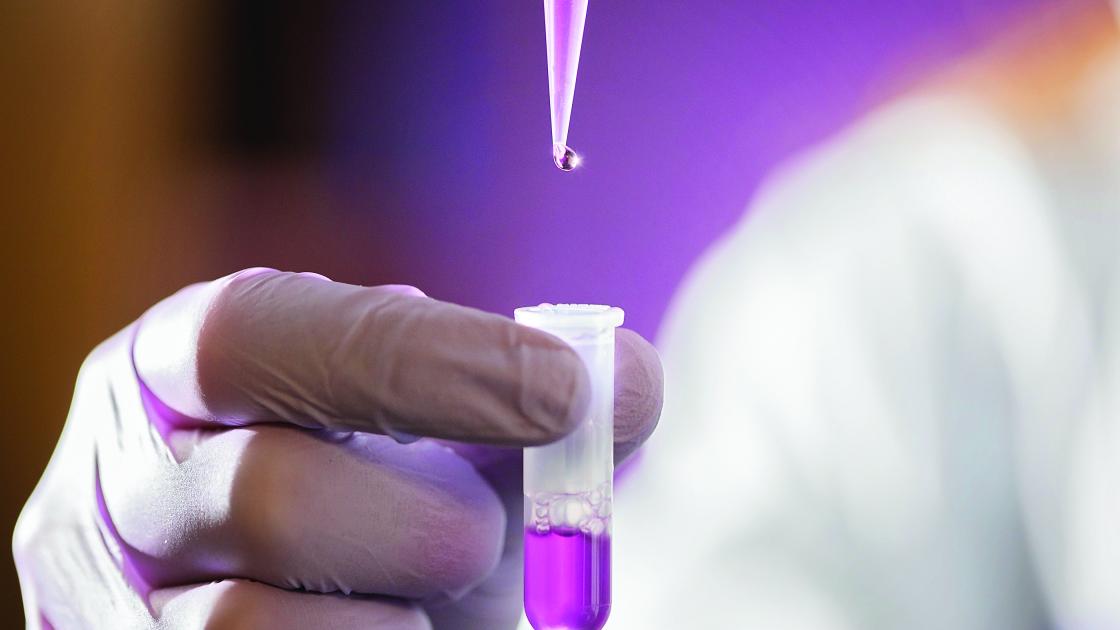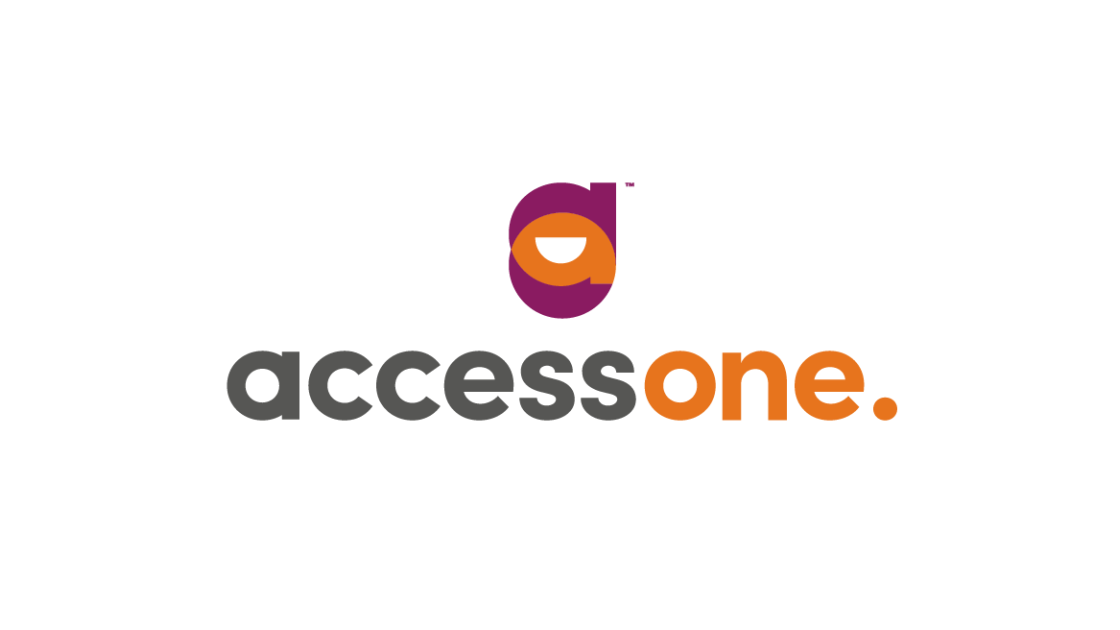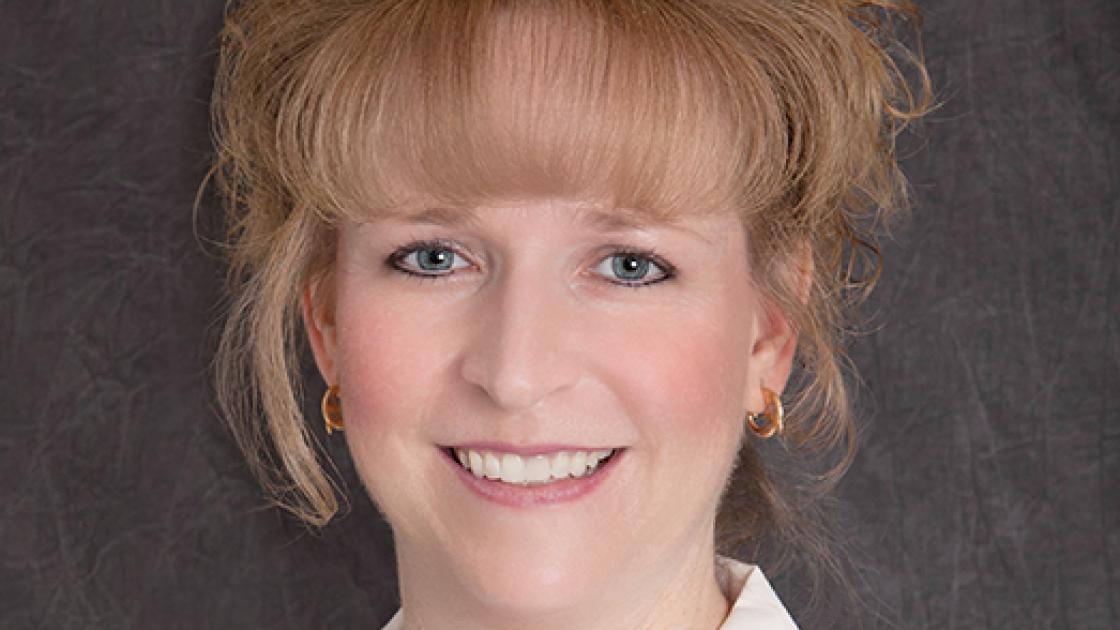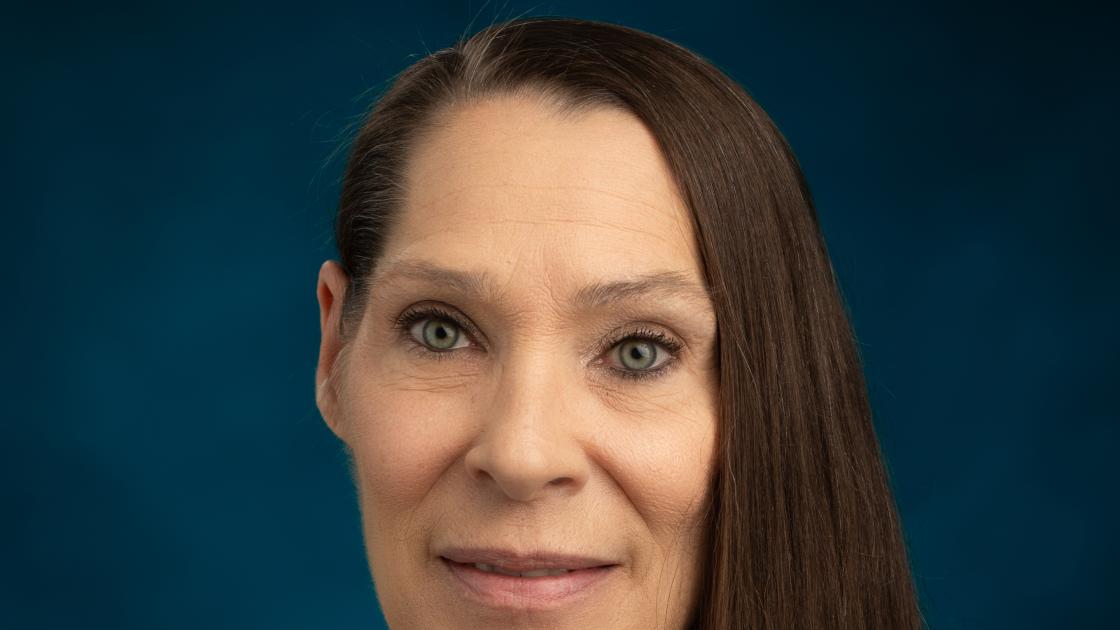
Lab students step up, test up
The global pandemic has exposed some vulnerabilities within the American health care system that should surprise no one: International travel bans can disrupt supply lines. Fragmented health systems can lead to bidding wars for scarce resources. A lack of testing capability limits the effectiveness of any public health response.
Amidst these systemic pitfalls, here’s a bit of good news. SIU School of Medicine has been collaborating with the Illinois Department of Public Health (IDPH) to overcome another looming problem: a national shortfall in skilled lab workers. In 2001 the Centers for Disease Control warned that understaffing in public health laboratories could lead to negative consequences. To mitigate this staffing shortage, SIU and the IDPH created the Public Health Laboratory Sciences (PHLS) program in 2005.
This novel master’s degree program was the first of its kind at inception and is currently one of only three in the U.S. It combines graduate-level classroom instruction with extensive research experience in a public health laboratory. The objective is to produce scientists who can rigorously apply knowledge as they are cross-trained in a multitude of laboratory disciplines. Andrew Wilber, PhD, associate professor of medical microbiology, immunology and cell biology, directs the two-year program. It offers experience in clinical, environmental and molecular testing protocols, with an emphasis on versatility, preparedness and on-the-job training.
Four students are currently enrolled in the program: Kyle Gruber in Carbondale, and Kurt Wisner, Clayton Lopez and Aundrea Marsh in Springfield. At the outset, Wilber explained to the interns that it is not uncommon to become involved when pandemics or disease outbreaks occur. Once they have been approved by the IDPH, the interns can float and work independently.
Marsh, 24, is in the second year of the program. She was training with IDPH in 2019 during a measles outbreak and assisted in influenza testing that spring. But she says the coronavirus experience was different.
“Our IDPH supervisor pulled us aside and said, ‘This is probably going to get very big, very fast.’ He brought us in early, when Illinois only had a handful of cases, in the event that when things got worse we would already be trained to help handle the high volume of testing.”
“Kurt, Clayton and I all agreed that what we were being trained to do was what was needed most,” Marsh says. “This was something we could do to make a difference, so we were all-in.”
At the pandemic's peak, the lab was operating 24 hours a day. Although stretched thin, the students were able to take on some of the additional shifts to keep testing going.
Throughout her training, Marsh has assured family members that the IDPH considers her safety paramount to its operation. The coronavirus samples are always handled within biological safety cabinets to maintain an air barrier between the specimens and the lab technicians. Still, she admits to using extra caution. “I tend to use a lot more bleach. I double-check that I’m wiping down everything and using the high intensity UV light as an extra measure,” she says. “We were either wearing N95 respirators or surgical masks in the lab from the get-go. The World Health Organization and the CDC had been bouncing back and forth about ways to handle it. IDPH decided to use the strictest level of laboratory guidelines, because they’d rather it be overkill than underkill.”
“I told my boyfriend it’s more dangerous for him to get groceries than it is for me to go to work, but I don’t think he believed me.”
Six months shy of having her master’s degree in microbiology, immunology and cell biology, Marsh says one side-effect of her job has been an aversion to social media. “It’s just infuriating seeing so much misinformation being passed along. I want to correct it when I see it, not as a know-it-all, but just to let people know I genuinely care and want to raise awareness about proper precautions.”
“People are angry, but the virus doesn’t care. It’s not political. We don’t go to work thinking that our research is going to infringe on someone’s rights. We’re hoping that a test result doesn’t put someone with a compromised immune system in harm’s way. We want people to be well and our tests to be negative so people can resume their lives.”



